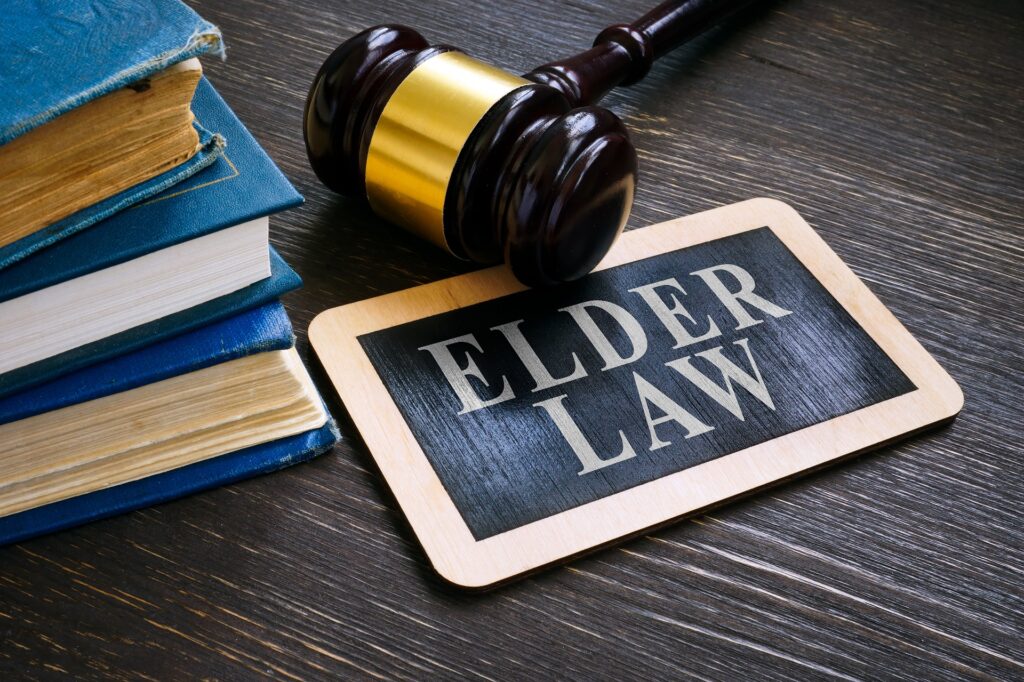Understanding Elder Law:
Elder law is a distinct area of practice that concentrates on the issues affecting the aging population. This may include long-term care planning for nursing homes, information on Medicaid & Medicare, guardianship, and estate protection from nursing home bills. This area also involves drafting wills, trusts, powers of attorney, and advance directives for healthcare. These are thorny issues that require a firm handle on complex questions of federal and state law, especially when the law of the former is in flux.
What is CELA -Certified Elder Law Specialist?
A Certified Elder Law Specialist is an attorney who has dealt specifically with older people, strongly focuses on several issues, including developing legal strategies to aid in the process of aging, preparing well in advance for retirement, assisting with long-term care, end-of-life or health care decisions to be made on your behalf, and estate planning. An attorney achieves this designation by demonstrating experience in the practice of elder law. Completing a rigorous examination and enrolling in an ongoing continuing legal education program. That’s because they have devoted their practice to solving problems that are unique to seniors and their families. Their unique education enables them to stay up-to-date on new laws and policy changes. That may specifically affect their elderly clients.
How a General Attorney Differs
A general counsel lawyer can handle various other types of law. Including criminal defense, family law, business law, and basic estate planning, for instance. Many general practitioners dabble in elder law, but they’re “not steeped in it. And cannot match the depth of certified elder law specialists. A general law practice attorney may be able to draft. A basic will or assist in creating a simple power of attorney. Still, that attorney likely doesn’t know all. The ins and outs of protecting assets from long-term care expenses or navigating Medicaid’s rules.
Why Specialization Matters
Elder law isn’t just about drafting documents; it’s holistic planning. Elder Law Services in Traverse City are well-versed in the intricacies of government benefits, the tax implications of various payment sources, and alternative methods of funding long-term care. They can help you establish a plan to safeguard resources and ensure that you are treated to the best of your abilities. They’re also aware of the pitfalls that might cause benefits to be denied or for unexpected expenses to arise. You may be surprised by the difference it makes in your ability to qualify for Medicaid without using up all of your assets, or for your spouse to live comfortably.

Cost vs. Value
Some people do not want to hire an expert because they believe it will cost them more money. However, the biggest payoff is the savings and protections you can receive. A certified elder law specialist can ultimately save you more than you will end up spending in the long run by helping you to avoid costly mistakes and by offering you solutions you may not be aware even exist. Instead, although it may be more costly initially, consulting a generalist attorney could be far more expensive in the long run, as it may result in mistakes or missed planning opportunities.
Choosing the Right Professional
If all you require is a basic will or power of attorney, a general attorney is fine. However, if your goal is to plan for nursing home care, save your home from Medicaid estate recovery, or coordinate care for a disabled spouse or child, then a Certified Elder Law Specialist is often the best choice. And don’t forget to ask questions inquiring about a lawyer’s experience and success in elder law and whether he or she is certified before you decide.
Final Thoughts
Your retirement should be carefree and safe, not burdened by legal stress. Gt Elder Law, you can rest assured that your plan is rock-solid, so you and your entire family will feel secure knowing that your decision will be respected—experience and focus matter in elder law. Choose today with the assurance of planning for your future.
FAQs
What kind of Special Services can a CELA offer that my regular attorney can’t?
The Certified Elder Law Specialist specializes in matters involving planning for aging, health, and long-term care, as well as Medicaid and guardianship. They are well-versed and trained in some of the broader legal issues. That impacts seniors, which elder law lawyers often overlook. Which are not things you would typically find an attorney who is not a generalist working in.
Is it more expensive for me to hire a Certified Elder Law Attorney? Then, to hire another attorney who does the same type of work?
The upfront costs may be substantial, but out-of-pocket costs might be recouped if it is found that a mistake was made at a later time or if the elder can manage to qualify for Medicaid.
How Can I Find a Certified Elder Law Specialist in My Area?
You can find a certified attorney in your area by searching. National Elder Law Foundation website or by contacting your state bar association, many of which have lists of certified elder law attorneys.
Can the general attorney do Medicaid planning?
A lawyer who is a generalist may provide some Medicaid planning. But may not be able to navigate all the complex rules and sophisticated planning strategies. And there is a danger of benefit denial or loss of assets from mistakes. So, you could invest in a certified elder law specialist.
When Do I Need an Elder Law Attorney?
Your best option is to speak with an elder law attorney, many years before the health crisis. Planning allows you to preserve assets, establish legal documents and decisions, and make other provisions regarding necessary care without the need for stress or rushed decision-making.

